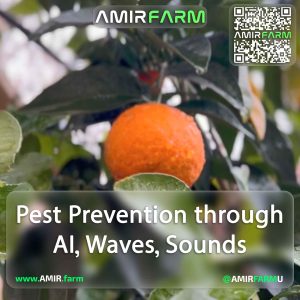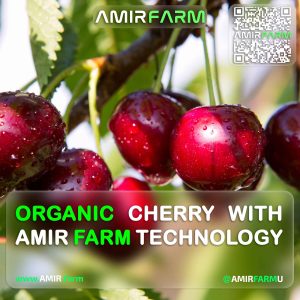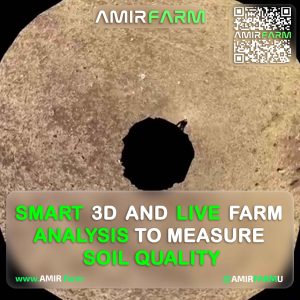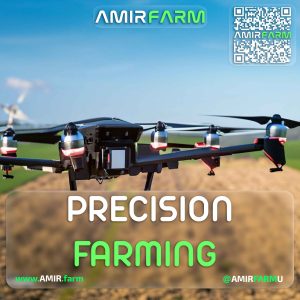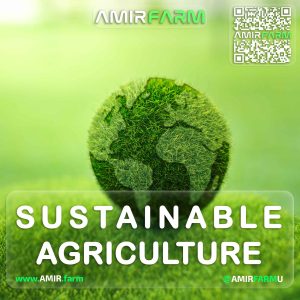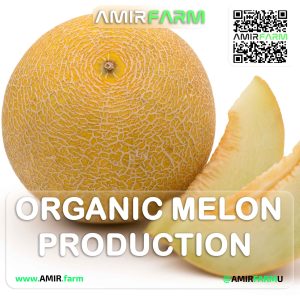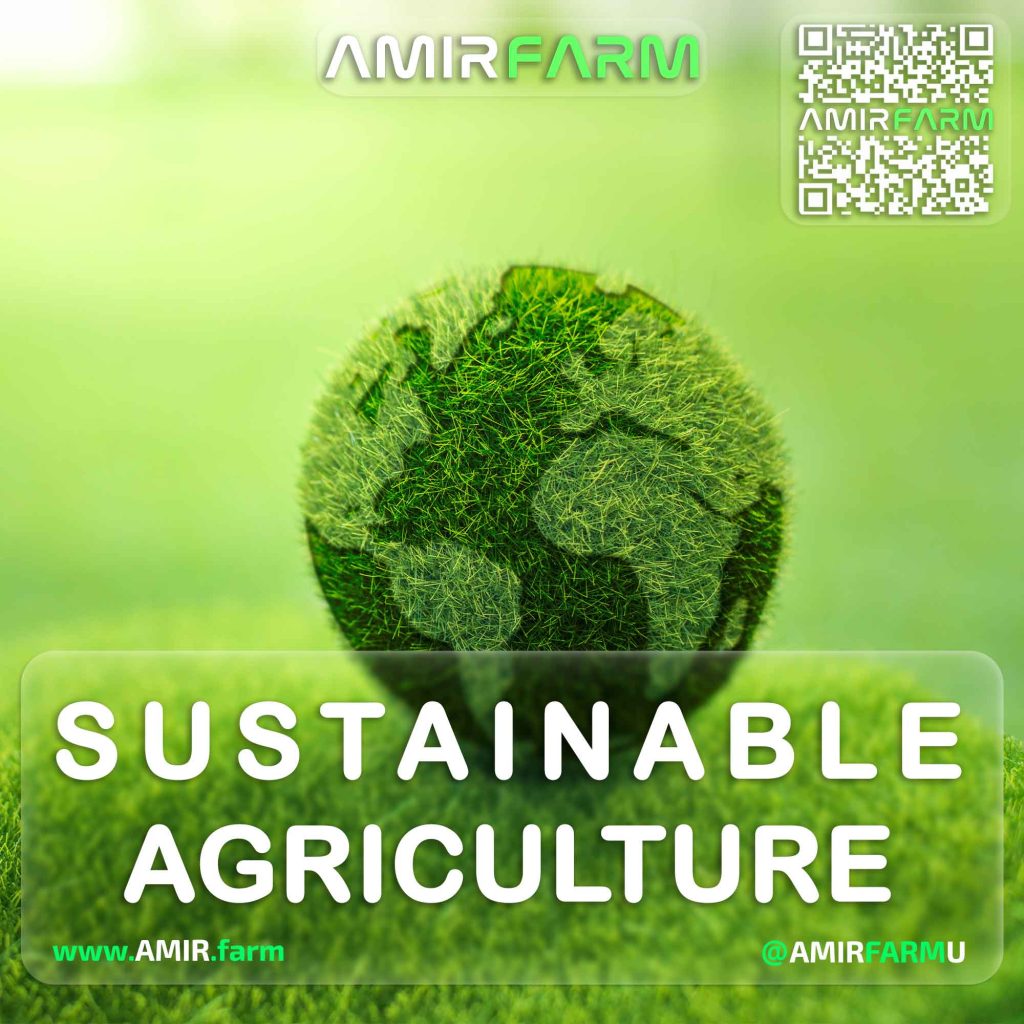AMIR FARM
- 07 / 01 : Revolutionizing Agriculture: AMIR FARM’s Smart IoT Devices for Drone-Based Pest Control
- 05 / 28 : Utilizing AI and Waves for Pest Control: AMIR FARM’s Innovative Device for Plant Protection
- 04 / 19 : Utilizing Artificial Intelligence and Robotics for Bird Identification and Deterrence, The AMIR FARM Initiative
- 04 / 18 : AMIR FARM COPILOT, SMART AGRICULTURAL ASSISTANT WITH ARTIFICIAL INTELLIGENCE TECHNOLOGY
- 01 / 01 : SMART BITTER ORANGE PROTECTION
IDENTIFY
+
0
DIAGNOSE
+
0
FIGHT
+
0
IRRIGATION
+
0
🟢
SMART
DEFENSE
🟢
AMIR FARM
- Revolutionizing Agriculture: AMIR FARM’s Smart IoT Devices for Drone-Based Pest Control
- Utilizing AI and Waves for Pest Control: AMIR FARM’s Innovative Device for Plant Protection
- Utilizing Artificial Intelligence and Robotics for Bird Identification and Deterrence, The AMIR FARM Initiative
- AMIR FARM COPILOT, SMART AGRICULTURAL ASSISTANT WITH ARTIFICIAL INTELLIGENCE TECHNOLOGY
- SMART BITTER ORANGE PROTECTION










